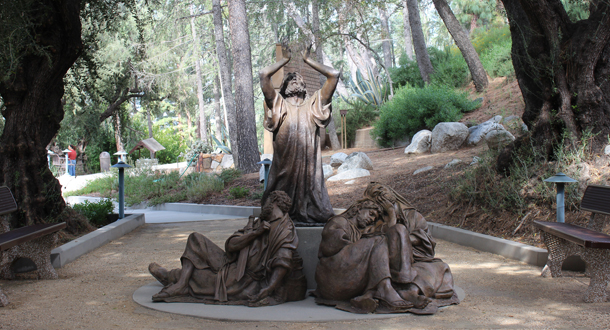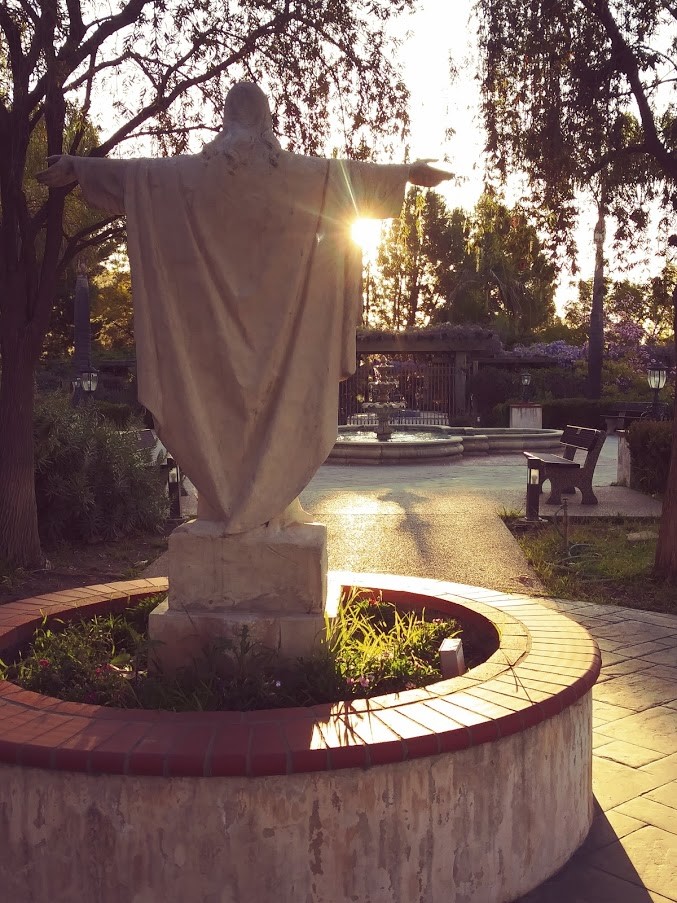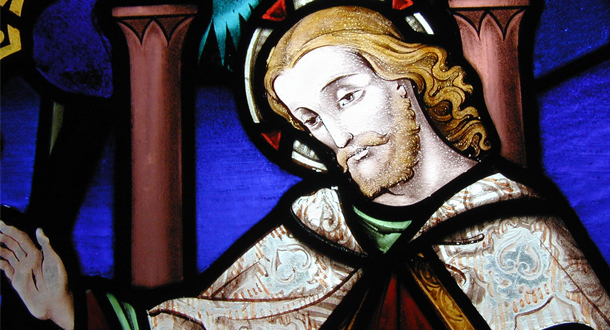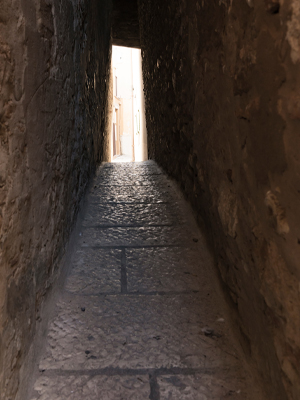
Scripture:
Sirach 3:17-18, 20, 28-29
Hebrews 12:18-19, 22-24a
Luke 14:1, 7-14
Reflection:
Our readings today challenge us to be more humble and less demanding of others. As much as we would like it to be at times, it’s not all about us! I don’t exactly know the reasons behind this, but over the past few months, there have been multiple events and issues that have led me to feel very humbled and grateful at the same time. Our sisters and brothers in eastern Kentucky have suffered and continue to suffer from the effects of the devastating flooding. They have lost home and family, job and a sense of security. Yet, in the midst of the heartbreak they continue to give thanks for the blessings they have. When I saw a picture of a small barefoot child walking down a mud-covered road that had once been a busy county road, I felt humbled and embarrassed for the times I complain that work crews slow my travel down just doing their job to provide safe roads to travel along. It will be a long time before the roads in eastern Kentucky will offer safe passage for so many!
I walked with another friend who was suffering with depression and PTSD! He was unable to take care of his family for several days as he tried desperately to crawl back from that black hole that held him captive! As I prayed for him and helped his family cope with the rough days, I reflected on how whiney I can be when I’m having what I consider a ‘bad’ day! Wow! A humbling experience! We are such a blessed people!
I had the privilege recently to visit a friend who lost his foot to diabetes after many years of suffering and pain. He has a prosthesis and is getting more mobile each day and looks and feels better than he has in years. Through all of this transition and health woes, he continues to pastor a small country parish that is fighting to stay alive. I believe his faith in action helps give his people hope to keep on keeping on! One night he shared with us the specifics of his amputation and recovery and his daily routine he follows just to get ready to meet each new day. Another humbling experience! I find myself complaining a lot less about any minor aches and pains I may be experiencing!
Every day as I drive around the streets of Louisville, I observe so many homeless and hungry people at our intersections and highways. I know some will say they probably aren’t really homeless or hungry, that they are scamming or whatever. That may be true, I don’t know or care about that. But what humbles me is the tenacity and courage it takes one to put themselves out there in the first place day after day! I am humbled to tears oftentimes as I lay in bed each night thinking of these folks and wonder what has brought them to this point in their life!?
In the book of Sirach, we read: “My child, conduct your affairs with humility, and you will be loved more than a giver of gifts. Humble yourself the more, the greater you are, and you will find favor with God.”
God Is Good All the Time! And all the Time, God Is Good! May we continue to find favor with the Lord as we allow the poor and downtrodden, the sick and alienated children of God to show us how to live a life of true humility! Amen!
Theresa Secord retired as a Pastoral Associate at St. Agnes Parish, Louisville, Kentucky.







